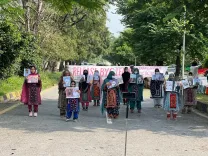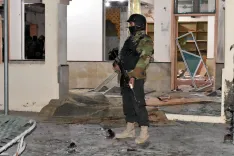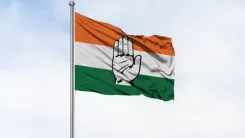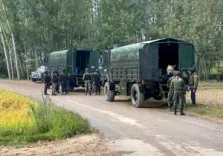Ukraine Ceases Russian Gas Transit to Europe
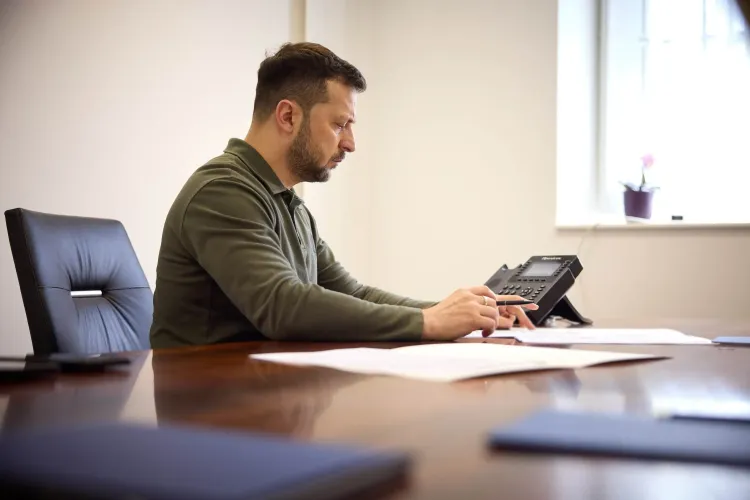
Kyiv, Jan 1 (NationPress) On Wednesday, Ukraine halted the transit of Russian natural gas to Europe due to the expiration of a five-year transportation agreement, as confirmed by the Ukrainian Energy Ministry.
"At 07:00 am (0500 GMT), in the interests of national security, the transportation of Russian natural gas through the territory of Ukraine was stopped," the ministry stated.
Ukraine has informed its international partners of the cessation of gas transit in accordance with established procedures, as mentioned in the statement.
The Ukrainian gas transportation system has been adequately prepared to function in a zero transit mode, guaranteeing a reliable gas supply for Ukrainian consumers, it noted.
Earlier that day, Russian energy giant Gazprom announced it had ceased gas supply for transit through Ukraine due to the expiration of crucial agreements and the absence of renewal from the Ukrainian side.
The agreements, which were signed on December 30, 2019, comprised a contract between Gazprom and Ukraine's national oil and gas company Naftogaz regarding the transportation of Russian gas through Ukrainian territory, along with a cooperation agreement between the operators of the gas transmission systems of both countries. These agreements officially lapsed at 8 am Moscow time (0500 GMT) on Wednesday, as per Gazprom's statement on Telegram.
Gazprom indicated that Ukraine had persistently and unequivocally declined to extend these agreements, thus leaving the Russian firm without the technical and legal means to proceed with gas transit through Ukraine.
As a result, the supply of Russian gas through Ukrainian territory was halted at 8 am Moscow time on Wednesday, as reported by Xinhua news agency.
In the previous year, Ukraine transported 15.43 billion cubic meters of Russian gas to Europe, which represented a 5.7 percent increase from 2023, according to media reports.
Last month, the Russian government expressed concerns that the transit of Russian gas to European nations is currently "very difficult" and requires attention.
"You have heard the statement from the Ukrainian side, and you know about the position of those European countries that continue to purchase Russian gas and deem it essential for the normal functioning of their economies,"
Kremlin spokesperson Dmitry Peskov stated on December 23, following a meeting between Slovak Prime Minister Robert Fico and Russian President Vladimir Putin in Moscow where the gas transit was discussed amid Ukraine's refusal to renew the gas transit deal with Russia.
Ukrainian President Volodymyr Zelensky affirmed at a European Union Summit that he will not extend Ukraine's five-year gas transportation agreement with Russia, which is set to expire at the end of 2024.
This decision has sparked concern in Slovakia, which has a long-term contract with Gazprom. While Putin assured that Russia is prepared to continue supplying gas to the West and to Slovakia, Fico remarked that this was "practically impossible" once the gas transit agreement concludes at the year's end.
The resumption of gas transit would only be feasible at the request of the European Commission and if Ukraine transports non-Russian gas, as reported by the Interfax-Ukraine news agency in December, citing Ukraine's Prime Minister Denys Shmyhal.



